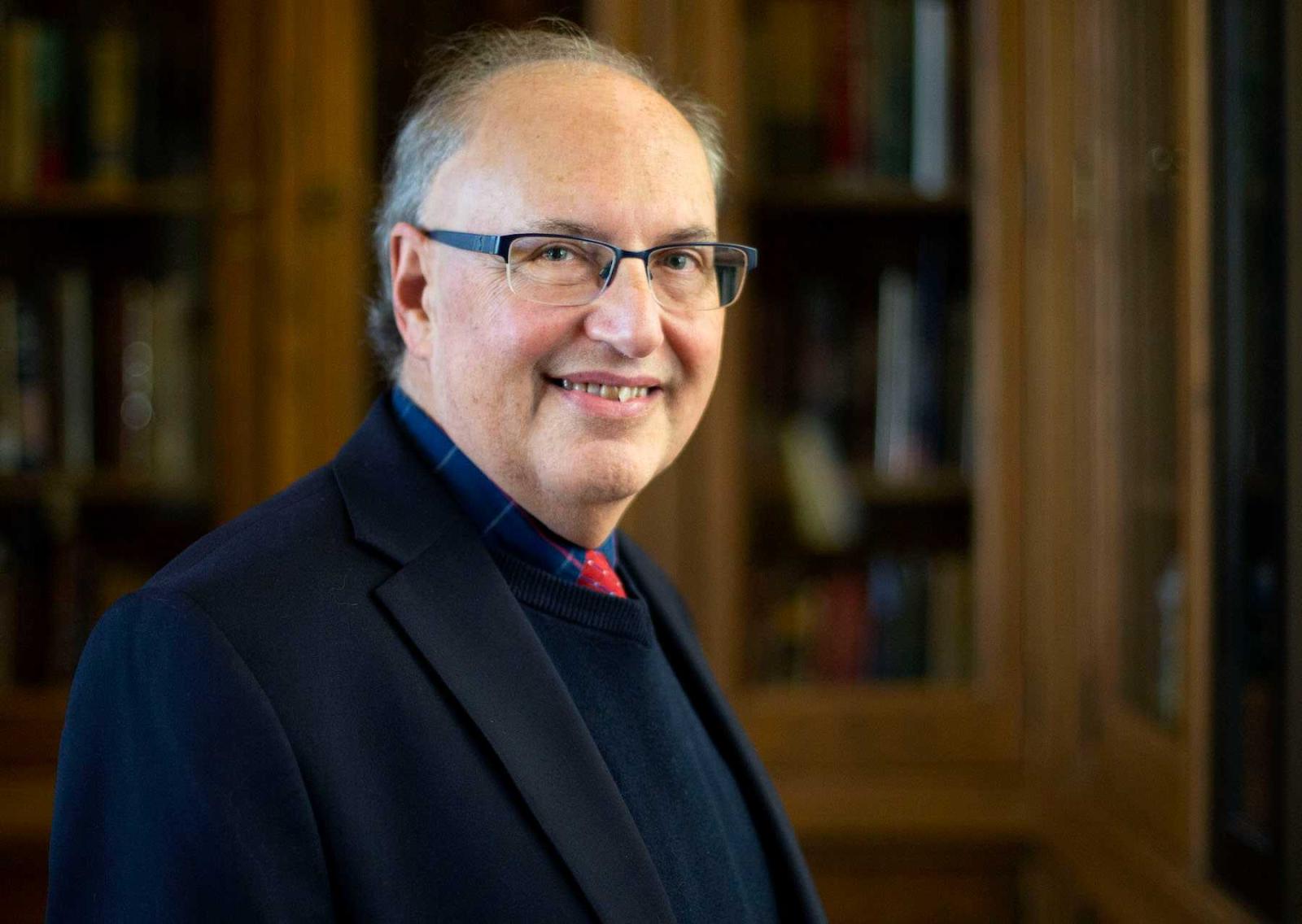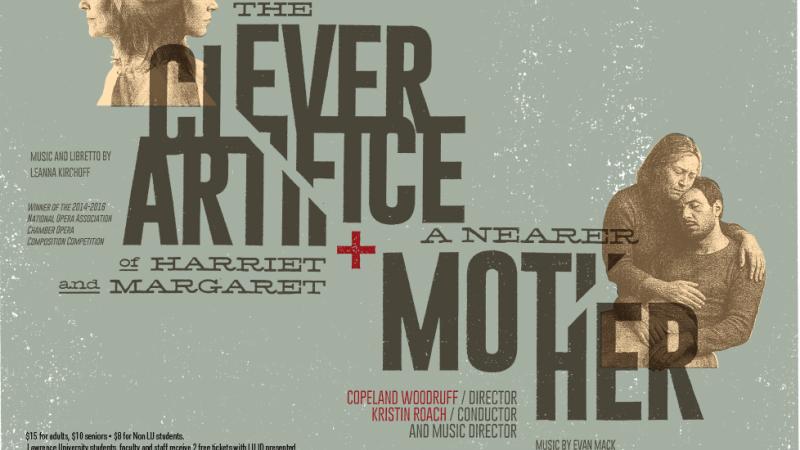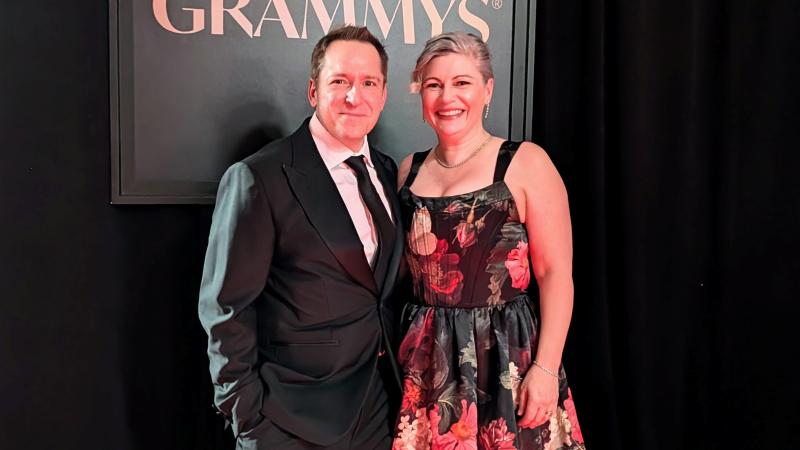Jerald Podair, Lawrence University emeritus professor of history, will deliver a Povolny lecture on Tuesday that focuses on what he calls the four “foundings” of the United States.
"America's Four Foundings - and What They Mean for America's Global Role" is set for 4:30 p.m. in Steitz Hall 102. It’s available in person to the Lawrence community, with pandemic protocols in place. It also will be available for anyone as an online webinar at: https://lawrence.zoom.us/j/98321766792.
Podair, co-editor of The Routledge History of the 20th Century United States and author of the forthcoming Promised Lands: A History of the American People in the Twentieth Century, will contend that the U.S. has had four national “foundings,” as it first established and then committed itself to realizing the principles of legal equality (1787 and 1865) and substantive equity (1964 and 2020). He will discuss how and why these “foundings” occurred, and how America’s most recent grappling with racial and social upheaval will affect its global role, reach, and standing in the 21st century.
Named in honor of the late Mojmir Povolny, a long-time Lawrence government professor, the Povolny Lecture Series promotes interest and discussion on issues of moral significance and ethical dimensions.
“I’m going to argue that the United States has had four ‘foundings,’” Podair said. “The first, with the adoption of the Constitution in 1787, established the principle—goal, really, since it was not immediately realized—of legal equality for all Americans.
The second ‘’founding,” which began in 1865 with the North’s victory in the Civil War and the abolition of slavery, was an effort to realize that goal of equality before the law, Podair said.
“The 14th and 15th Amendments and the Civil Rights Act of 1875, among other legislative enactments, were the leading edges of this effort,” he said.
Podair said the third “founding,” which had its genesis with the Civil Rights Act of 1964 and the various programs of what became known as affirmative action, sought to substitute the idea of substantive equity in life outcomes for the legal equality of the first two “foundings.”
“The fourth ‘founding,’ which began in 2020 and is still unfolding, is the realization of the goals of the third,” he said. “The response to the murder of George Floyd, Black Lives Matter, anti-racism, Defund the Police, the ‘progressive prosecutor’ movement, bail and sentencing reform, and the mainstreaming of socialism through political figures such as Bernie Sanders and Alexandria Ocasio-Cortez—all are realizations of the equity-oriented goals of the third ‘founding.’”
Podair said he will discuss how the most recent events will impact America’s role in the world.
“I argue that the loss of what I call ‘moral clarity’ in American domestic politics will inhibit and foreshorten its global leadership,” he said. “The fourth ‘founding’ will put the concept of American exceptionalism to rest, since that idea was based on the assumption that America had a ‘lesson for the world’ that justified the imposition of its power. But a nation striving for substantive equity at home lacks the moral clarity to nation-build abroad, and I believe that it will lead to diminished American global authority in the 21st century. Whether this is good or bad for the world, only time will tell.”




